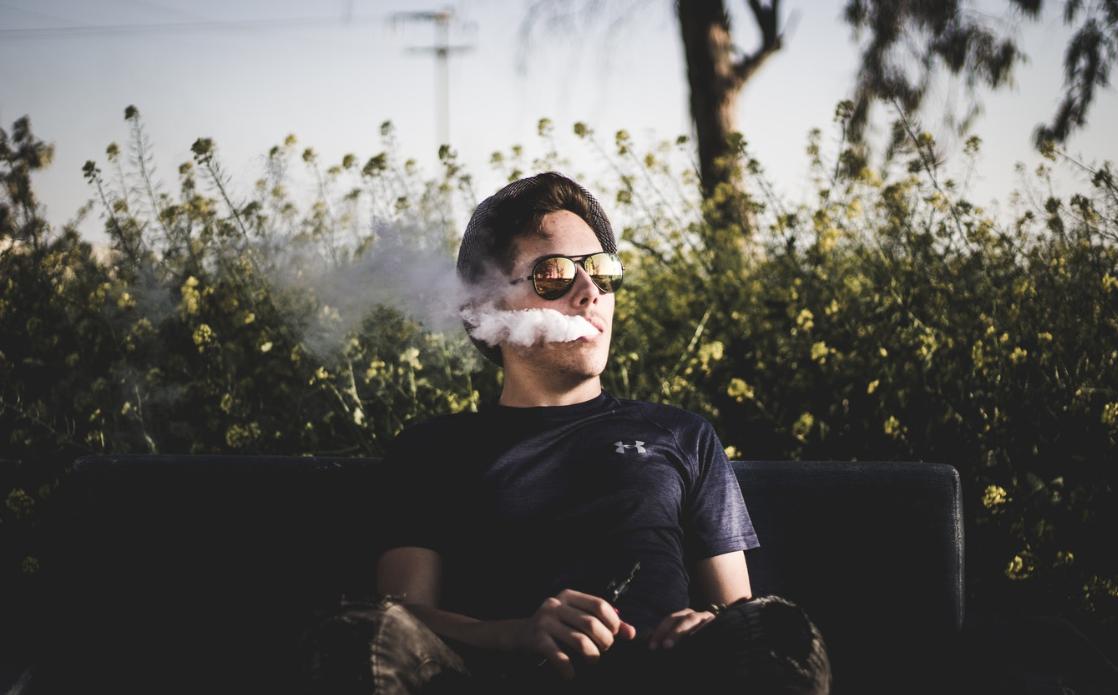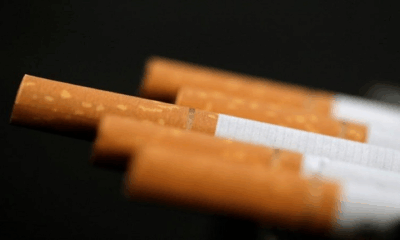News
Why South Africa’s New Smoking Laws Have Tavern Owners Fuming

Liquor traders warn the proposed ban on indoor smoking could cripple township taverns and fuel corruption and black-market trade
South Africa’s proposed overhaul of its smoking laws has ignited a storm of criticism especially from township tavern owners who say the government is out of touch with the daily realities of running a small business.
The draft Tobacco Products and Electronic Delivery Systems Control Bill, currently under review by the Department of Health, includes a host of new rules: plain packaging for cigarettes, bans on vending machines and advertising, tighter controls on vaping, and a sweeping prohibition on indoor smoking.
But it’s the new outdoor smoking restrictions, especially the proposed requirement to smoke at least 10 metres away from windows, doors, or ventilation points that have liquor traders furious.
“Unworkable” in the Township Context
According to the Gauteng Liquor Traders Association (GLTA), the proposed law might work on paper, but not on the dusty ground of South Africa’s townships, where taverns are often small, tightly packed venues with no real space for such segregation.
“The minister might have discretion, but the 10-metre rule is just not practical in a township setting,” GLTA said. “Where are patrons supposed to go—across the street, into someone else’s yard?”
What’s more, many tavern owners already spent money after the last smoking law revision, carving out 25% of their floors as designated smoking areas. This law would essentially make those investments worthless.
“It’s a slap in the face,” one Soweto tavern owner told us. “We complied. We did the right thing. Now we’re being told to start over or get fined, or worse.”
More Than Just Inconvenient: A Security Risk
It’s not just about logistics or cost it’s also about safety.
With patrons and even employees being forced to smoke outside, business owners worry about the security implications. Will smokers be vulnerable to muggings or harassment? Will staff have to leave the premises, leaving tills and stock unprotected?
“We’re being told our bar staff must go stand in the alley to smoke. That’s not only a safety issue—it’s also a productivity issue,” GLTA said.
The Risk of Corruption and Criminalisation
The association also raised the alarm about potential corruption and over-policing. Under the draft bill, a business owner could face penalties even jail time, if someone lights up too close to a non-smoking employee.
“Ten years in prison for failing to stop a smoker near a colleague? That’s absurd in a country where murder cases are collecting dust,” GLTA added.
They argue this will open the door to bribery, especially in a context where some law enforcement officials are already known to target taverns for informal payouts.
Illicit Cigarette Trade Could Thrive
Beyond taverns, there’s a broader economic worry: fueling the black market.
According to Business Against Crime South Africa (BACSA), illicit tobacco already dominates 60–70% of cigarette sales in the country, costing the government about R18 billion in lost tax revenue each year.
BACSA warns that tighter legal restrictions, without equal focus on enforcement tools like track-and-trace systems or border control upgrades will only push more traders and consumers toward the black market.
Culture, Context, and the Smoking Conundrum
South Africa isn’t alone in pushing tougher smoking laws, but context matters. In countries where smoking bans have worked, public spaces are safe, enforcement is fair, and venues are large enough to comply.
In South Africa, where many drinkers gather in converted garages, backyard taverns, or tiny shebeens, the law risks becoming a blunt instrument that punishes small operators.
“We’re not saying don’t regulate smoking,” GLTA said. “We’re saying do it with a clear understanding of our communities—and without criminalising the poor.”
The bill is still in draft form and open to public comment. Civil society, industry groups, and informal traders are expected to continue lobbying for amendments particularly around the practicality and fairness of the distance rule and the severity of penalties.
But one thing is clear: if the Department of Health wants to win this fight, it’ll need more than just policy papers. It’ll need to step into a tavern and see how South Africans really live, work, and smoke.
SA’s New Smoking Laws Could Snuff Out Small Businesses, Say Traders
{Source: IOL}
Follow Joburg ETC on Facebook, Twitter , TikTok and Instagram
For more News in Johannesburg, visit joburgetc.com



























